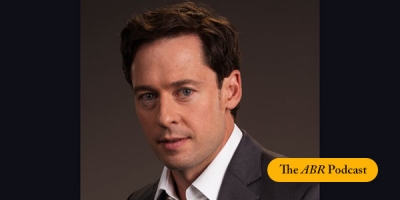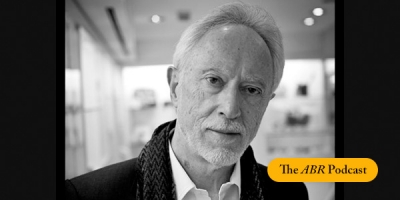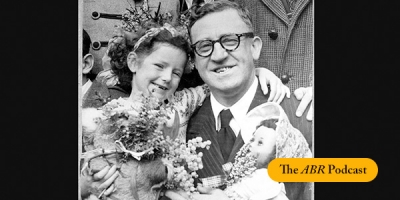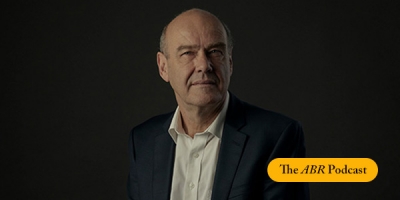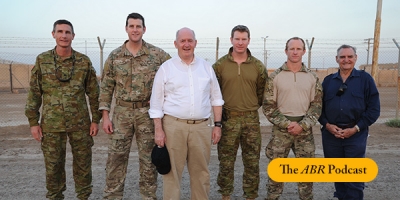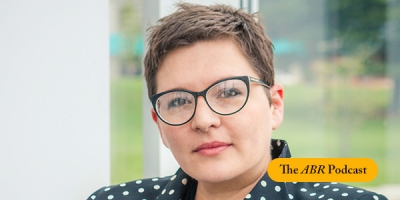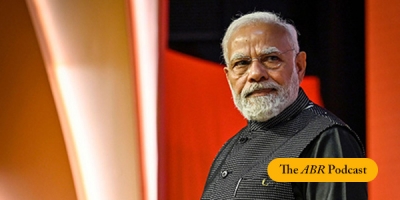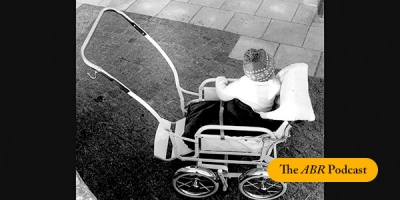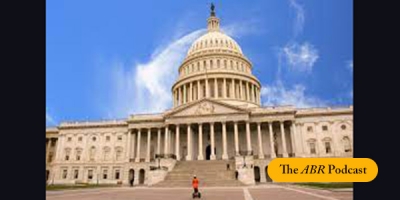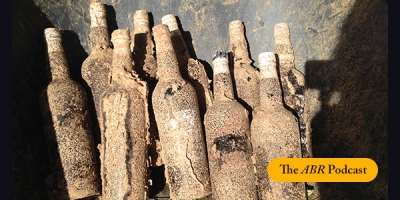The ABR Podcast
On this week’s ABR Podcast, Kevin Foster reviews Crossing the Line, journalist Nick McKenzie’s account of the defamation trial, Ben Roberts-Smith versus Fairfax. Kevin Foster is Associate Professor at Monash University and the author of numerous articles and books on the Australian media’s treatment of Afghanistan. Listen to him read ‘Nick McKenzie’s bracing reportage’, published in the August issue of ABR.
... (read more)This week, on the ABR podcast, literary critic and editor Geordie Williamson reviews J.M. Coetzee’s new short story collection The Pole and Other Stories. At the age of eighty-three Coetzee has again proved himself a ‘true and loving creator’, argues Williamson, by denying his characters endings or wholeness – ‘the great lie of art’. Listen to Geordie Williamson with ‘Last things: J.M. Coetzee’s antipodal forces’, published in the July issue of ABR.
... (read more)In this week’s ABR Podcast, we revisit the Australian Labor Party’s long and uneasy relationship with immigration. Dr Ebony Nilsson, a research fellow at the Australian Catholic University, argues that while the ALP no longer looks like a ‘happy white men’s club’, its policies on immigration reflect a longstanding ambivalence around race. Listen to Ebony Nilsson’s ‘A happy white men’s club: The Australian Labor Party’s uneasy history with immigration’, published in the July issue of ABR.
... (read more)This episode of the ABR Podcast looks at the history behind this year’s referendum on an Indigenous Voice to parliament and Indigenous constitutional recognition. Bain Attwood, Professor of History at Monash University, considers the 1967 referendum on Aboriginal rights, and how that ‘yes’ campaign differed from today’s. Listen to Bain Attwood with ‘A referendum in trouble: Race, rights, and history talk in 1967 and 2023’, published in the July issue of ABR
... (read more)On this week’s ABR Podcast hear leading defamation scholar David Rolph discuss recent proceedings in the Federal Court relating to the reputation of Ben Roberts-Smith, a decorated soldier accused of war crimes in Afghanistan. David Rolph is a Professor of Law at Sydney University and the author of several books, including Reputation, Celebrity and Defamation Law and Defamation Law. Here is David Rolph with ‘Self-inflicted wounds: A vindication of investigative journalism’, which will appear in the July issue of ABR.
... (read more)This week on the ABR Podcast we revisit a shortlisted story from the 2016 ABR Elizabeth Jolley Short Story Prize: ‘Slut Trouble’ by Beejay Silcox. The provocatively titled story was republished in The Best Australian Stories 2017. Beejay is an ABR critic and the newly minted director of the Canberra Writers Festival. Listen to her read ‘Slut Trouble’, commended in the 2016 Jolley Prize.
... (read more)This year marks seventy-five years of Indian independence from Britain. The anniversary coincides with India’s Presidency of the G20 summit, which will take place in New Delhi this September. This week on the ABR Podcast, we hear from John Zubrzycki, who argues that Indian Prime Minister Narendra Modi is using the G20 platform to articulate a new foreign policy stance. John Zubrzycki has worked in India as a diplomat and foreign correspondent and is the author of The Shortest History of India. Listen to John Zubrzycki with ‘Politics by other means’.
... (read more)In this week’s ABR podcast we hear from the runner-up of the 2023 Calibre Essay Prize, Bridget Vincent. Calibre judges Yves Rees, Peter Rose and Beejay Silcox praised Bridget Vincent’s ‘Child Adjacent’ for its wryness and compassion. They noted that it broadened our understanding of the family and interrogated the terrors and moral dilemmas of raising children in the climate crisis. Bridget Vincent is a Lecturer in English at the Australian National University. Listen to her reading ‘Child Adjacent’, published in the June issue of ABR.
... (read more)In this week’s ABR podcast, David Rolph, Professor of Law at the University of Sydney, analyses the implications of the aborted Murdoch v Crikey defamation case concerning the January 6 attacks on the Capital building. Rolph argues that it was set to be an early test of the new public interest defence within federal defamation law but that Lachlan Murdoch likely dropped the action because of its implications for legal proceedings in the US involving his media company. Listen to David Rolph, the author of books including Reputation, Celebrity and Defamation Law, read ‘Who blinks first: Lachlan Murdoch v Crikey’, from the June issue of ABR.
... (read more)

